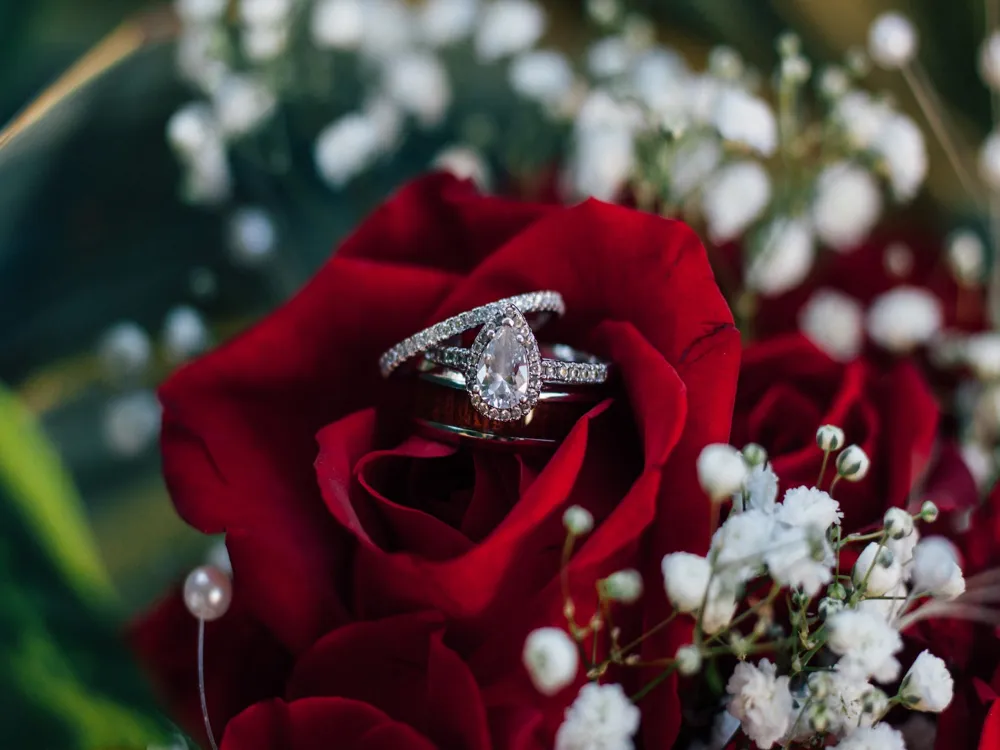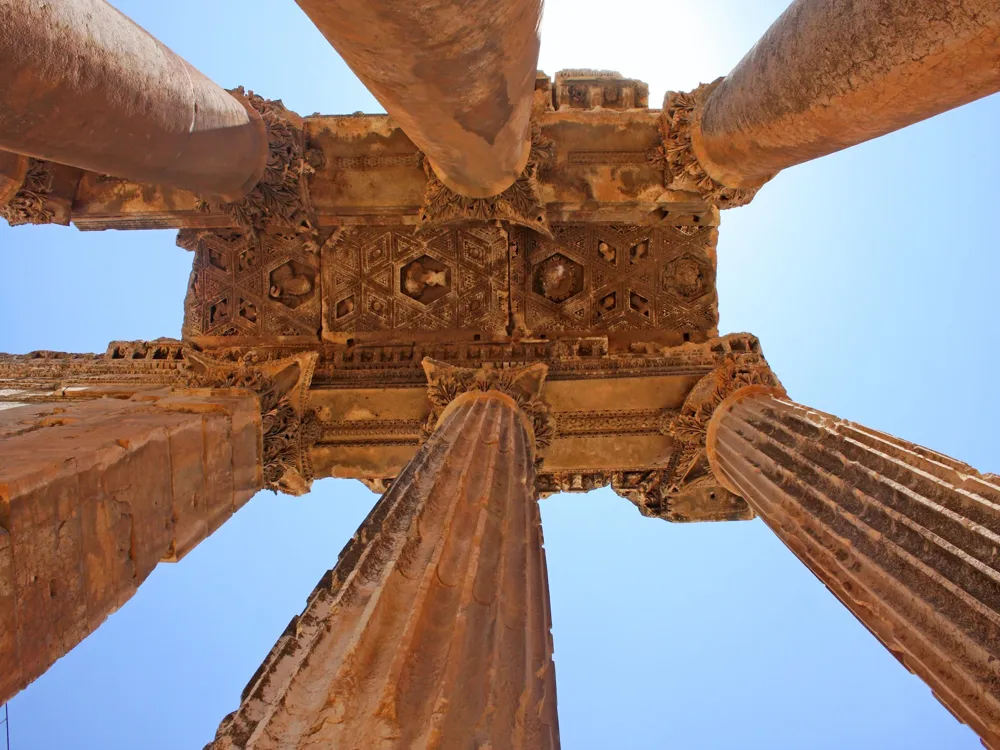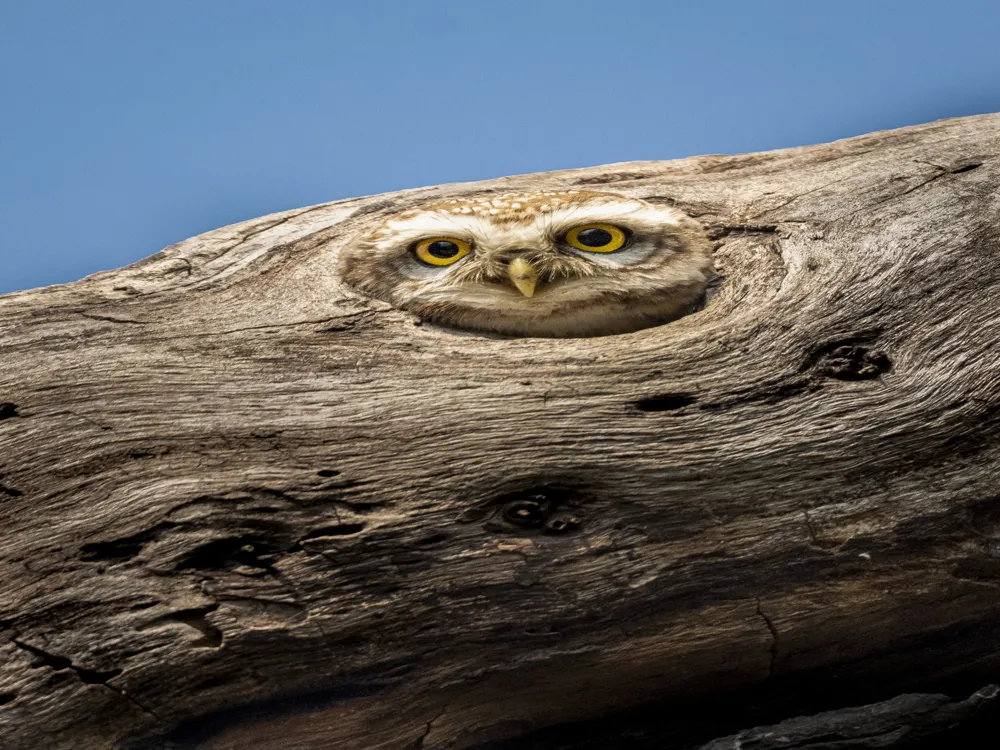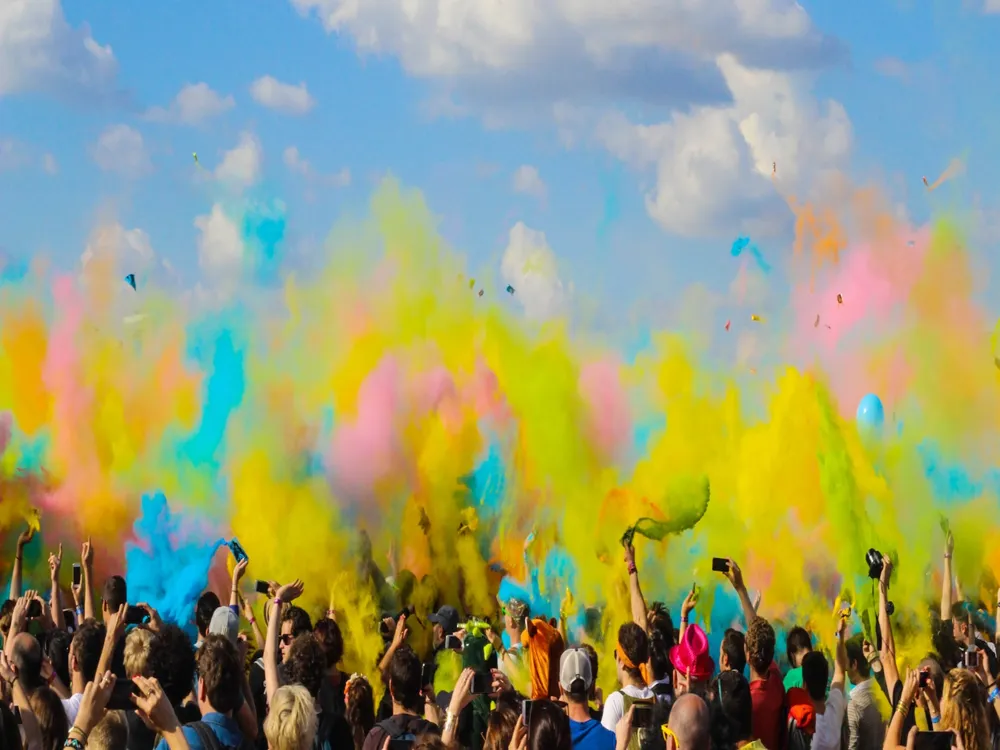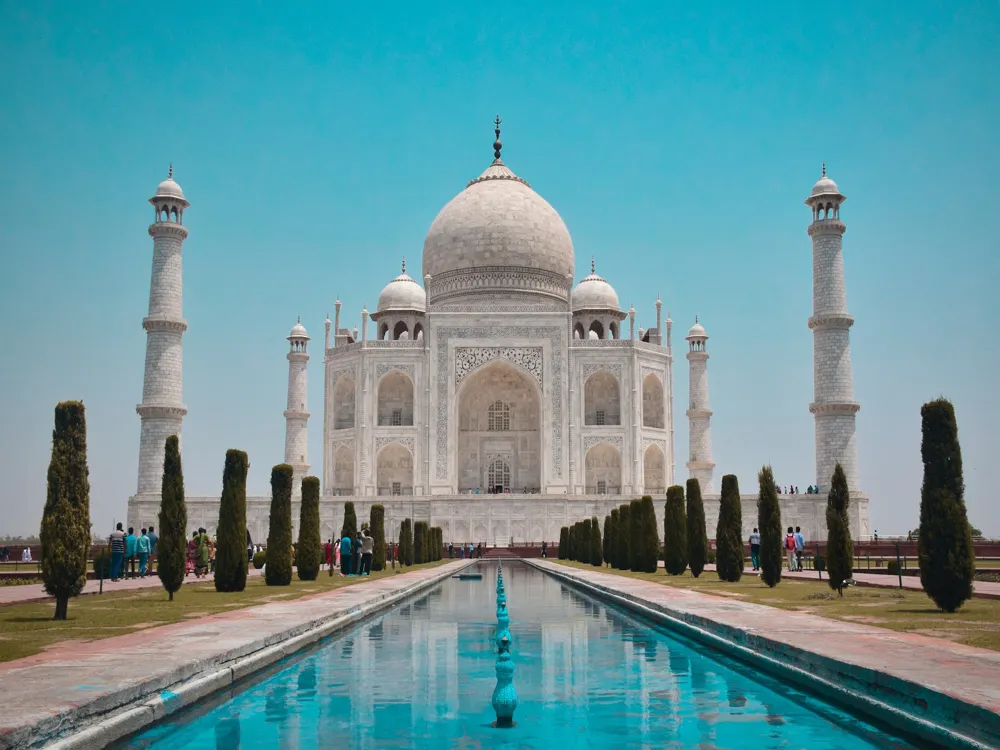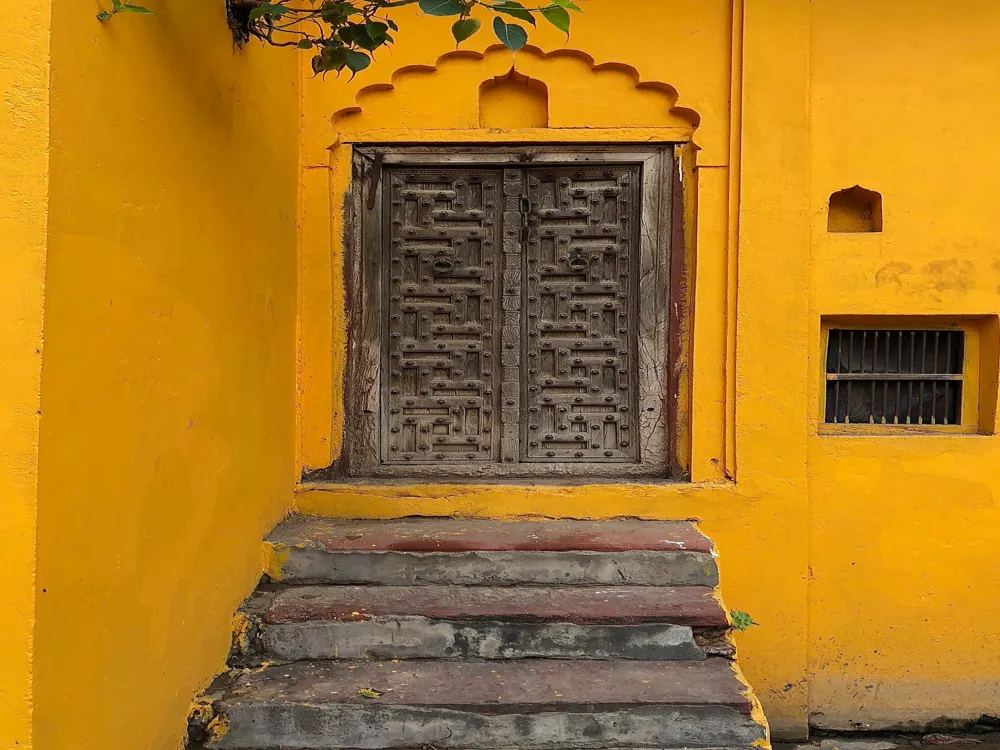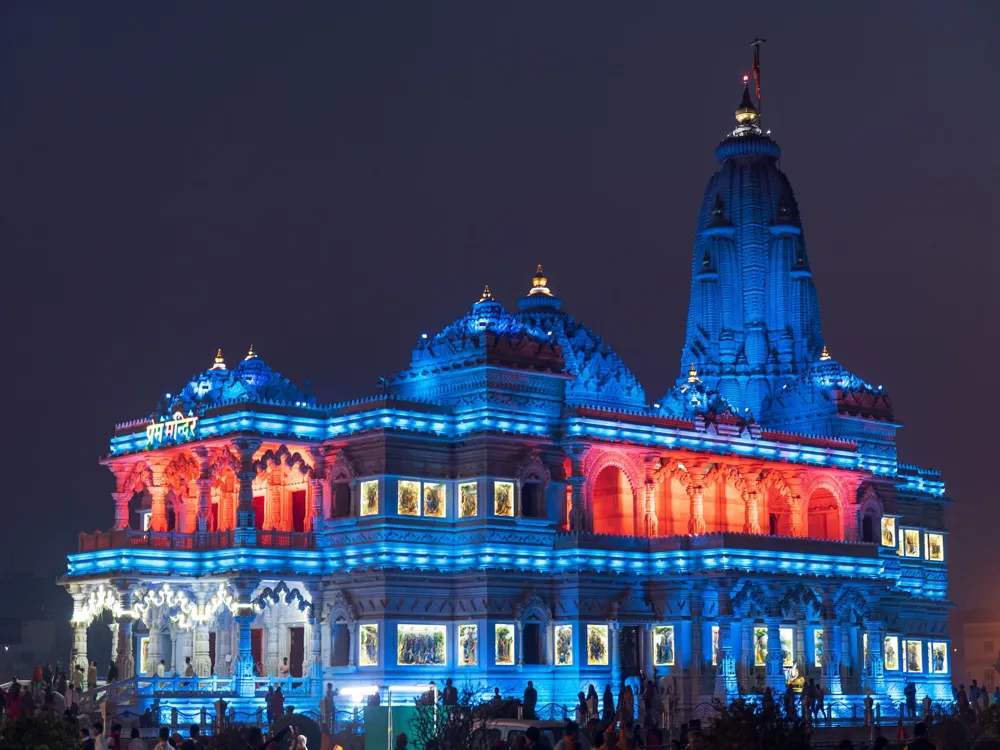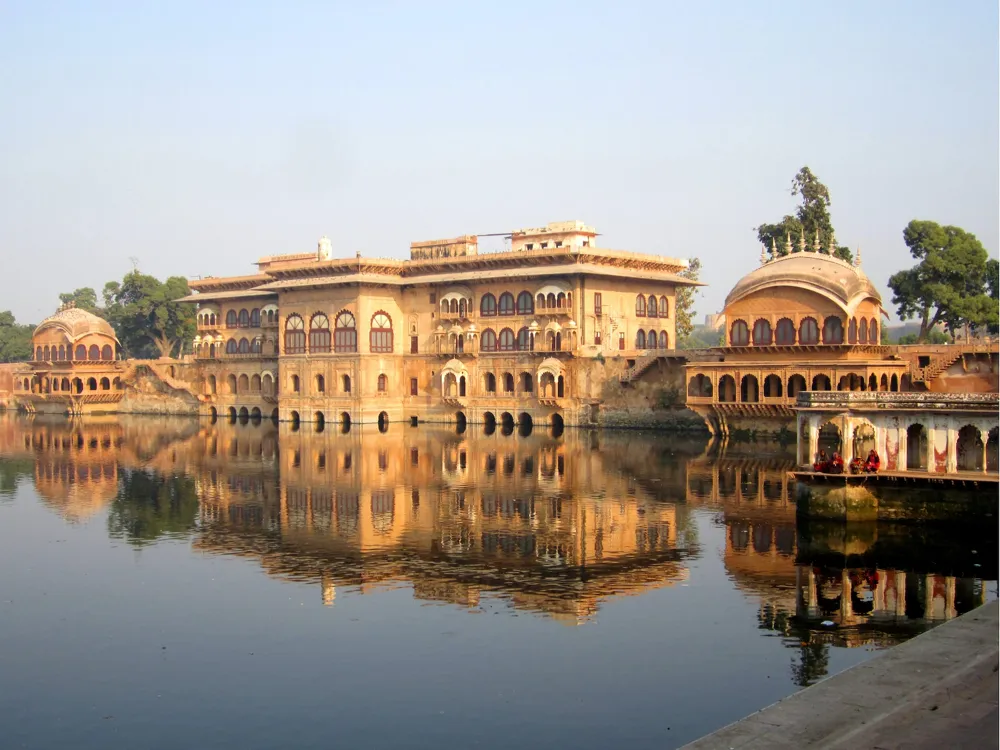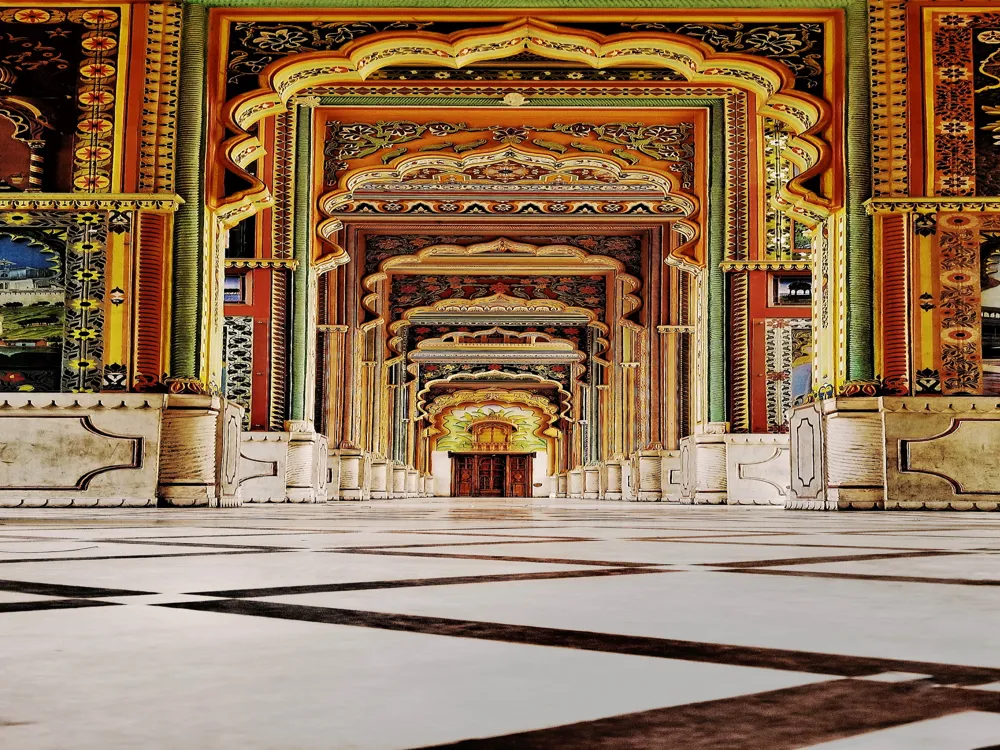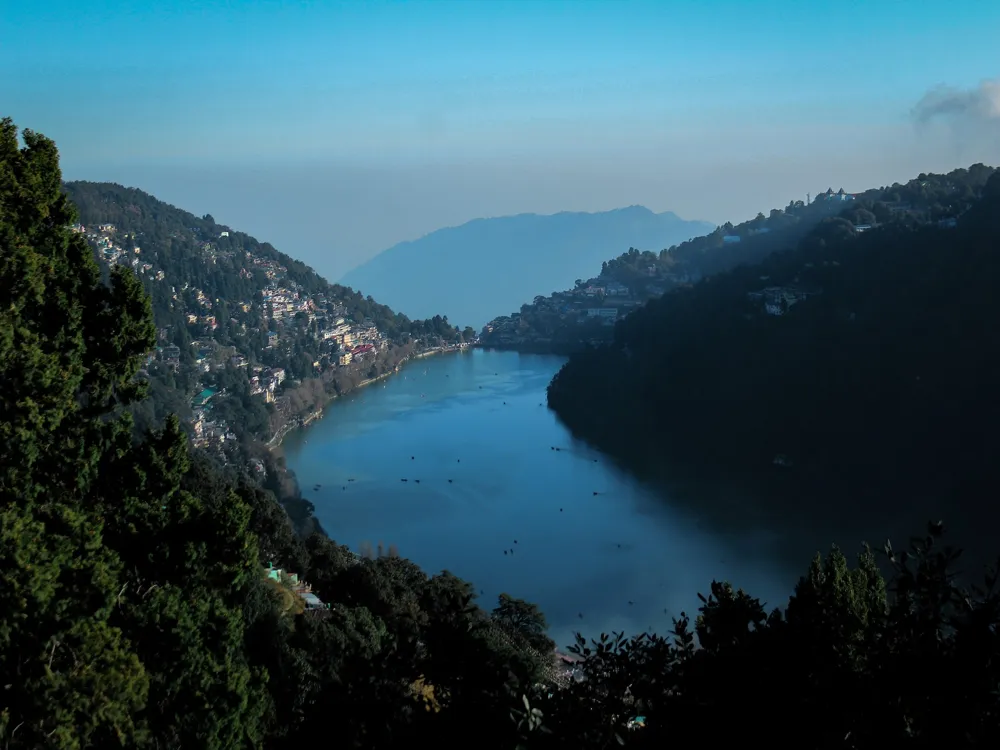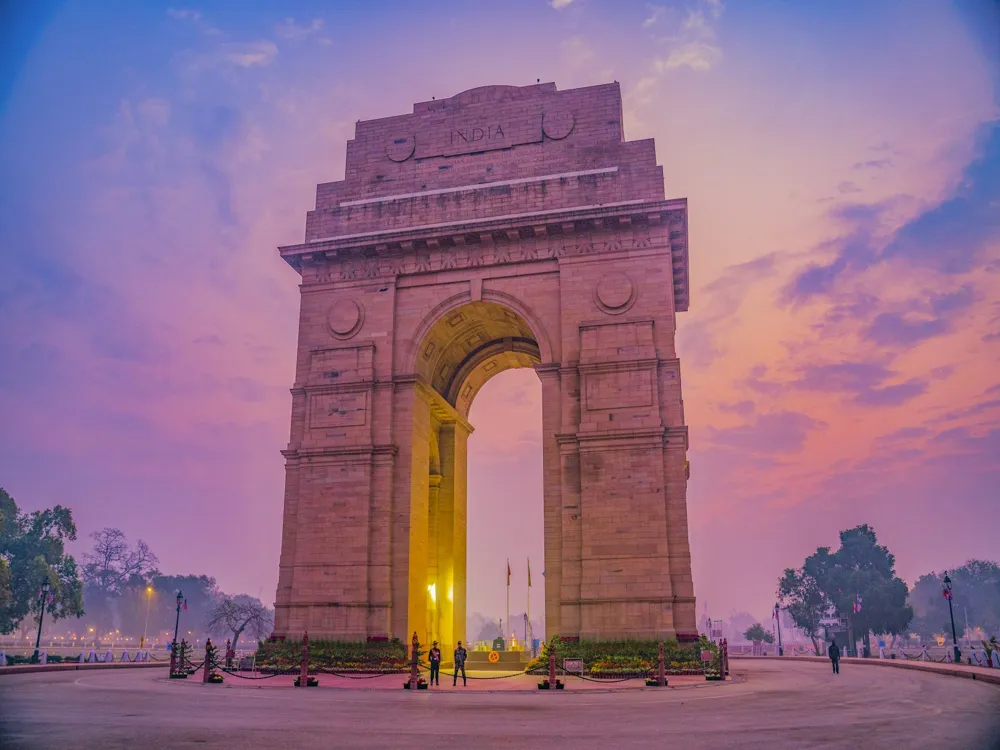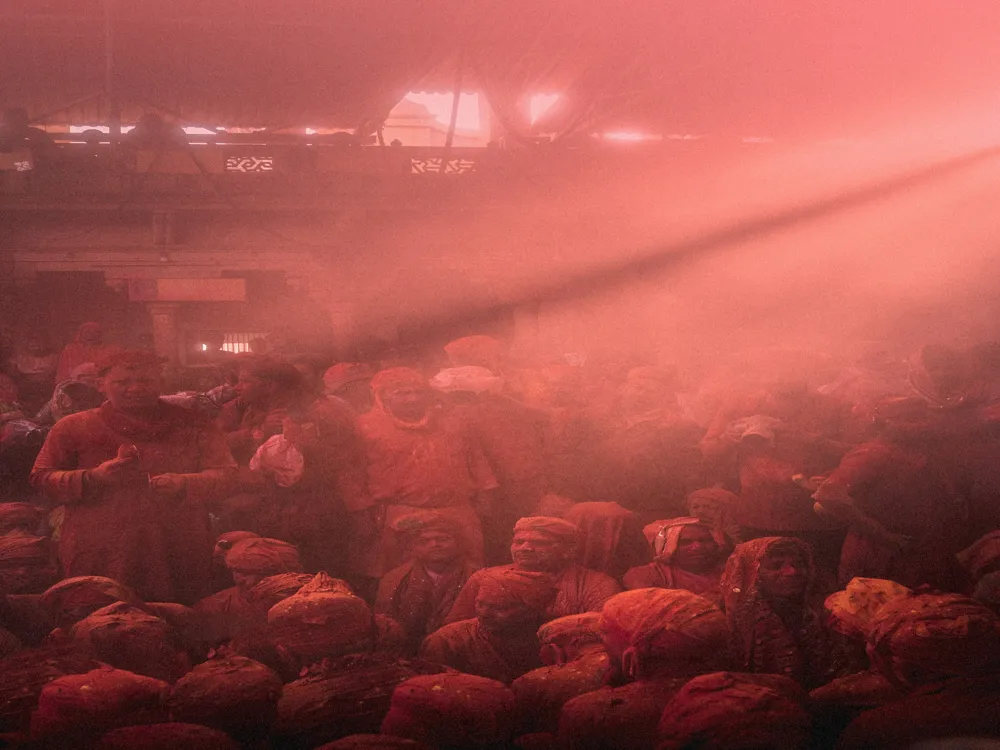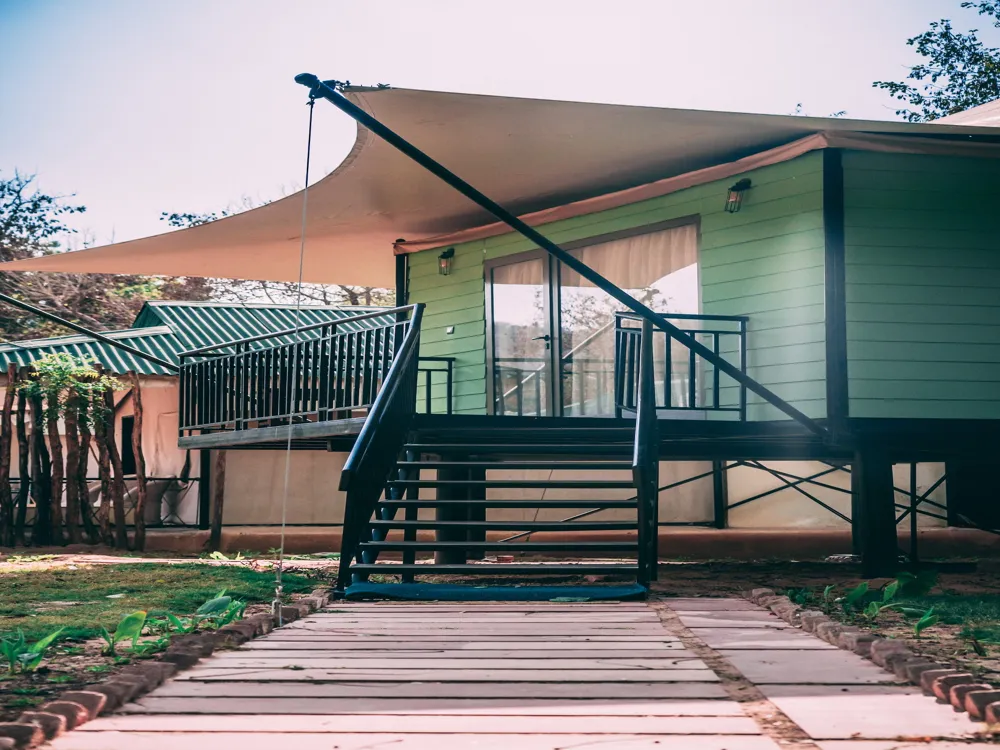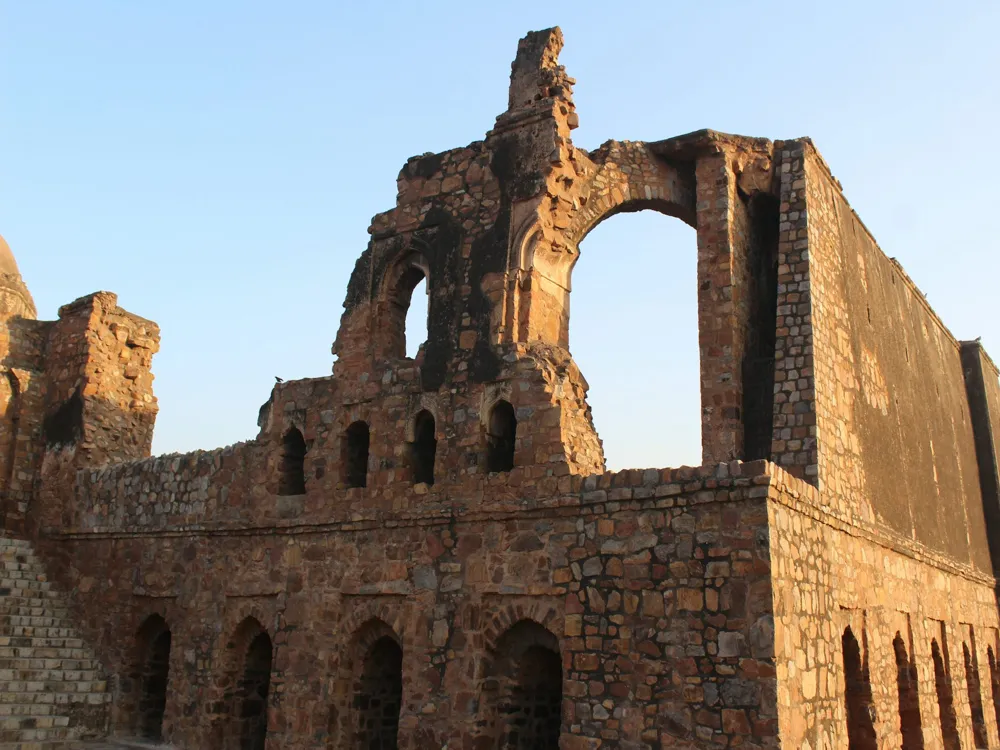Dholpur Palace, often referred to as the 'Red Stone Palace,' is a splendid architectural marvel located in Bharatpur, Rajasthan. This historical palace stands as a testament to India's rich cultural and architectural heritage. Its origins trace back to the early 19th century, under the reign of Rana Kirat Singh of Dholpur. The palace is renowned for its distinctive red sandstone, sourced from the local quarries of Dholpur, which gives it a unique and majestic appearance. The palace's grandeur is not just limited to its exterior. Inside, visitors are greeted by an array of intricately designed rooms and halls. Each room tells a story of the royal lifestyle, art, and culture of the time. The Durbar Hall, a key highlight, features opulent decorations and is where the king held court. The palace also houses a rich collection of antiques and artifacts, showcasing the royal family's fascination with art and culture. Surrounded by lush green gardens and water bodies, the palace's landscape adds to its serene beauty. These gardens were intricately designed, with an array of flora that blooms throughout the year, adding to the palace's allure. Today, Dholpur Palace is not just a historical site; it's a symbol of the architectural brilliance and cultural richness of Rajasthan. The architecture of Dholpur Palace is a magnificent example of the fusion of Indian and Mughal architectural styles. The use of red sandstone, also seen in other prominent Indian buildings like the Red Fort and Fatehpur Sikri, is the hallmark of its design. The stone's natural hues range from soft pink to deep red, creating a warm and inviting ambiance. The palace's layout is a classic example of the traditional Rajputana style, characterized by large courtyards, arched doorways, and intricate jharokhas (overhanging enclosed balconies). The fusion with Mughal architecture is evident in the palace's ornate decorations, including floral motifs, geometric patterns, and carved jaalis (lattice screens). One of the architectural marvels within the palace is the Sheesh Mahal or 'Palace of Mirrors'. Adorned with thousands of mirror pieces, it reflects a stunning play of light, creating a magical atmosphere. The intricate mirror work is complemented by frescoes and murals depicting scenes from Hindu mythology, showcasing the skilled craftsmanship of the era. The ideal time to visit Dholpur Palace is between October and March. During these months, the weather in Rajasthan is pleasant, making it comfortable to explore the palace and its surroundings. Opting for a guided tour can greatly enhance your experience. Knowledgeable guides provide insights into the palace's history, architecture, and anecdotes about the royal family. Visitors are advised to dress conservatively, respecting the cultural norms of the region. Comfortable footwear is recommended as the palace exploration involves a fair amount of walking. Photography is allowed in most parts of the palace, but it's advisable to check for any restrictions in certain areas. Carry a camera to capture the stunning architecture and scenic beauty. Dholpur Palace is well-connected and easily accessible. The nearest airport is Agra, located about 55 kilometers away. From Agra, visitors can hire taxis or take buses to reach Dholpur. The palace is also accessible by train, with Dholpur Railway Station being the nearest, connecting to major cities in India. Additionally, the palace is well-connected by road, with a network of highways and local roads making it easily reachable from neighboring cities and states. READ MORE:-Overview of Dholpur Palace in Bharatpur, Rajasthan
Architecture of Dholpur Palace
Tips When Visiting Dholpur Palace
Best Time to Visit
Guided Tours
Dress Code and Etiquette
Photography
How To Reach Dholpur Palace
Dholpur Palace
Bharatpur
Rajasthan
₹ 7,500 onwards
View bharatpur Packages
Bharatpur Travel Packages
View All Packages For Bharatpur
Top Hotel Collections for Bharatpur

Private Pool

Luxury Hotels

5-Star Hotels

Pet Friendly
Top Hotels Near Bharatpur
Other Top Ranking Places In Bharatpur
View All Places To Visit In bharatpur
View bharatpur Packages
Bharatpur Travel Packages
View All Packages For Bharatpur
Top Hotel Collections for Bharatpur

Private Pool

Luxury Hotels

5-Star Hotels

Pet Friendly







